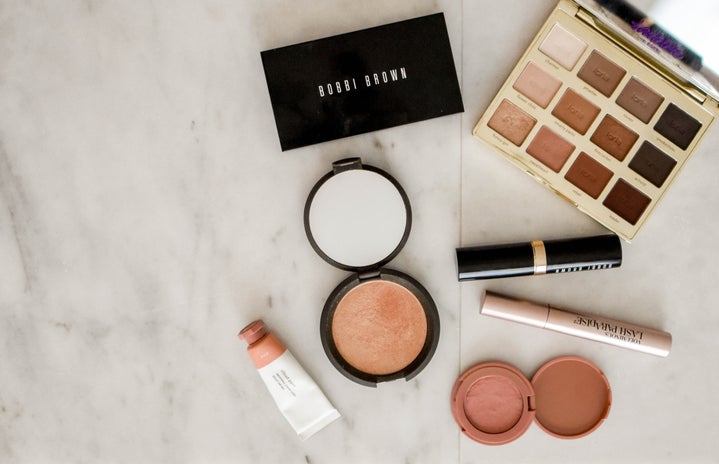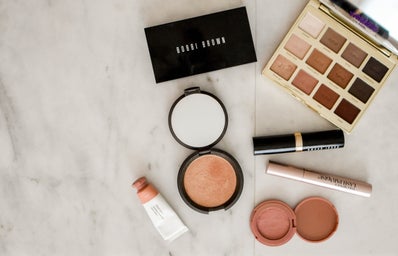In observance of Eating Disorder Awareness Week, I’d like to recognize all of the strong, courageous women that have struggled with, defeated, or even those that may have just spoken out about their eating disorder for the first time. For others, who may still be having a hard time speaking out, this goes out to you too.
Although I have not had an eating disorder myself, it is extremely important to me that this epidemic is addressed. Eating disorders have become so common in a society that puts unrealistic, superficial (not to mention unhealthy) models on a pedestal. “Sexy” according to high-fashion ads, is defined as a 5’8’’, 100 lb. girl, that has plump lips, long eye lashes, wear’s a C-cup, has flawless skin, a natural glow, high cheekbones, almond-shaped eyes, luscious hair, a small nose…. the list is seriously endless.
So, what does that mean? If we don’t have every single one of those qualities, we’re not beautiful?
False. That cannot be any further from the truth. By the way, even those “perfect” models don’t possess all of those traits. Photoshop does wonders now-a-days.
I want to demonstrate how completely illogical our society’s definition of beauty is.
These magazines claim that their models live a “healthy” lifestyle. But what do they mean by “healthy?” They work out obsessively, starve themselves for days at a time, and run their bodies to the ground due to a dangerous combination of exhaustion and lack of nutrition. When did these become our role models? Who told these women that this is how a real woman should look?
That’s another issue I have with today’s society. This word “real” keeps getting thrown around; the definition changes too often. So, what the hell does it actually mean? The dictionary definition for the term “real” is “actually existing as a thing or occurring in fact; not imagined or supposed.” To be “real” means to exist. That is it. Notice how there’s no weight scale that determines whether or not something is “real.” There’s no sub-definition clarifying what constitutes a “real” person. You’re just as real as every other person around you.
“Well, there must be some fine-print hidden in the dictionary somewhere,” one might say. Society continuously tries to redefine the word real. Keep looking for the fine-print. You won’t find it. It doesn’t exist.
This is exactly the point I’m trying to get across. Society uses the word real to appeal to what’s trending in the fashion industry. Ten years ago, “real” women were the ones that we saw in the magazines, and even if you embodied the TRUE definition of a “real” woman, (that is, if you simply existed somewhere in space) you were not considered a real woman by society’s standards because you didn’t look like the models in the magazines. Now, “real” women have curves… and that leaves the rest of you naturally skinny women out: hate to break it to ya, but your fast-metabolism’s ruined your chances of ever being considered “real.”
Do you see how wrong this is?
Why don’t we just abandon the word “real” altogether? Or, better yet, why don’t we just learn how to use it correctly. The word “real” does not favor any particular group of women. Society, however, does tend to gravitate towards a particular body type. But there’s no use even wasting your time trying to be what society tells you, because trust me, that definition will change again a few years down the line.
Society has destroyed the way women view each other. Instead of empowering one another, we pick each other apart. We claim that we celebrate the fact that we’re all unique, diverse individuals, so why can’t we celebrate the uniqueness and diversity of our bodies as well?
Can we redefine the term “real” for ourselves? Ignore what society has to say. Society’s input has only caused women to begin competing against one another for who the “most real” woman is.
I’m not entirely sure what I’m suggesting we do; I don’t really have a proposition for you all. This is a large-scale problem that needs to be addressed on an equally large scale. But we can start by solving this large-scale problem if we commit ourselves to ignoring society’s stupidity and realizing that our differences are beautiful. We are diverse, and come in all shapes, sizes, colors, heights, etc., so we should be celebrating those differences, not denouncing one another for them.

